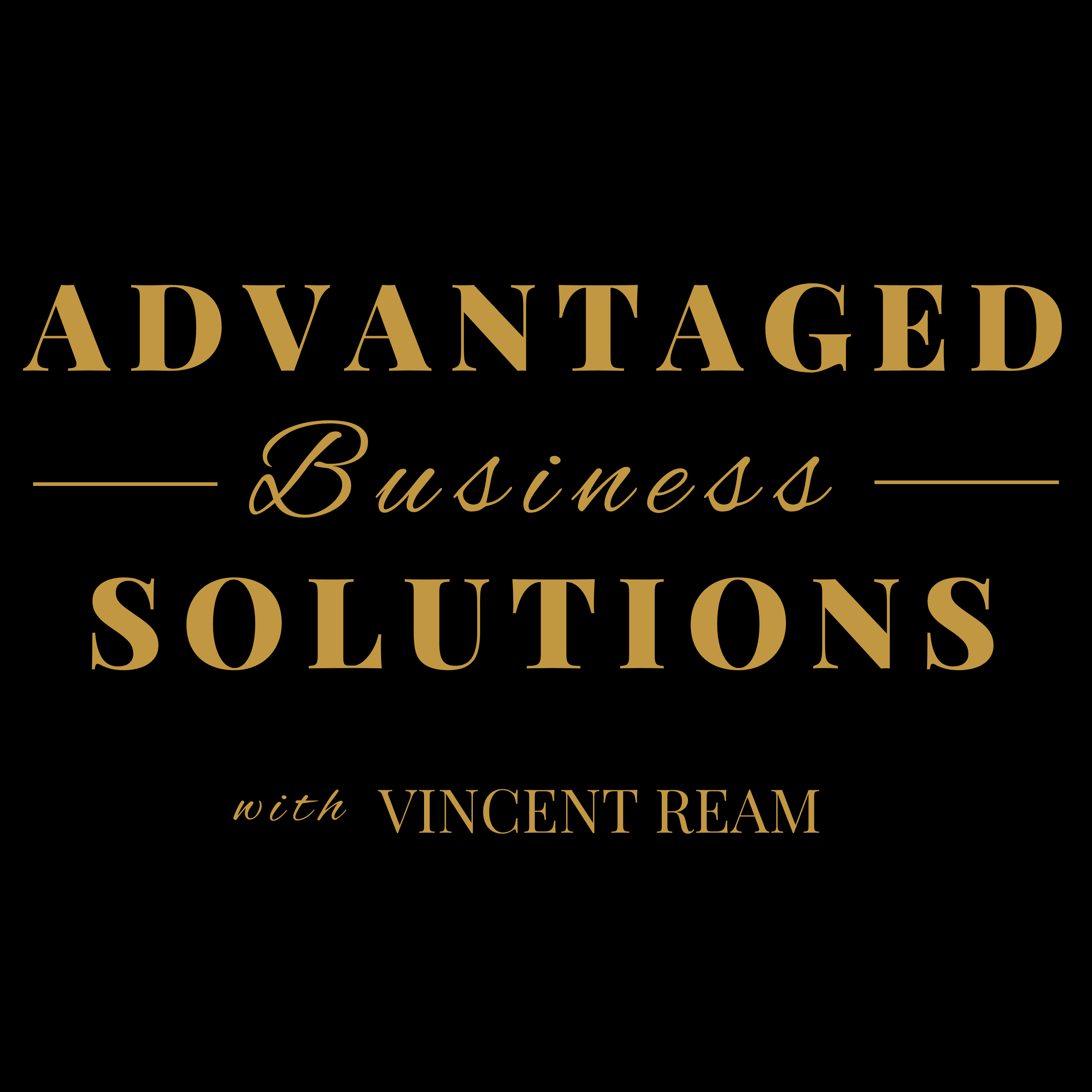Episode 80
The Perfection Paradox: Breaking the Myth of ‘Not Enough Time’
The concept of not having enough time to accomplish something is often a result of misplaced focus and distractions rather than a genuine lack of time. By examining this belief objectively, one realizes that the problem lies in the allocation of time and lack of concentration. Rather than chasing perfection, it is crucial to be intentional about focus and recognize when work reaches a sufficient level of quality. By creating a conducive work environment, eliminating distractions, and setting realistic deadlines, one can overcome the notion of insufficient time and maximize productivity. The challenge is to assess work output objectively, ensuring that the pursuit of perfection does not hinder progress.
🐦 SOCIAL STUFF:
Facebook ➔ https://www.facebook.com/vincent.a.ream/
Twitter ➔ https://twitter.com/vincent_ream
Podcast ➔ https://vincentream.com/podcast/
📨 CONTACT:
Email ➔ contact@vincentream.com
Messenger ➔ m.me/106458781002852
🔗 SUPPORT THE SHOW:
Buy Me a Coffee: https://www.buymeacoffee.com/vincentream
Transcript
This episode is going to be brief, but I truly believe it will be impactful if you follow through
Speaker:with considering how you can take action. I came across a quote recently that got me thinking
Speaker:about the idea that there isn't enough time to do something. I'm sure at some point you've said
Speaker:either to yourself or to someone that you don't have enough time to do whatever the thing is,
Speaker:to complete a project, finish a task, write a report. I'm sure you've got something in mind.
Speaker:I've observed that the beliefs and mindsets we carry into our everyday lives and ultimately into
Speaker:our businesses have a profound impact on our success and ability to reach our current vision.
Speaker:When you start to break down the belief that there isn't enough time to do something with
Speaker:your real objective eye, you will conclude that there simply isn't enough focus with the time
Speaker:you have or the time you've allotted. Think objectively about it for a minute and let it
Speaker:sink in. Then start evaluating the last task that you described as having insufficient time for.
Speaker:Was there really not enough time or were there distractions that made you
Speaker:falsely believe there wasn't enough time? There is an interesting principle that is relevant to
Speaker:the conversations surrounding the idea that there isn't enough time to complete something,
Speaker:and that's Parkinson's Law. Parkinson's Law states that work expands to fill the
Speaker:time available for its completion. In other words, if you have a certain amount of time to
Speaker:complete a task or project, you're likely to use up that entire duration regardless of the actual
Speaker:amount of work required. This suggests that deadlines and time constraints can be effective
Speaker:in increasing productivity by preventing tasks or projects from dragging on indefinitely.
Speaker:This includes artificial deadlines that you set either for yourself or for your team.
Speaker:This is an important principle to keep in mind because it will allow you to see when you have
Speaker:reached a point of quality that is ready to go versus continually chasing perfection and
Speaker:never taking action. I like to say there is always enough time when you are intentional about your
Speaker:focus. If you have to put a sign on your office door that states, do not disturb, do that.
Speaker:If you need noise-canceling headphones, wear them. If you need to get away from your office
Speaker:to eliminate distractions, then go. Just don't lie to yourself saying there isn't enough time.
Speaker:When you start planning, think about how long you believe a task should take, and then cut it down
Speaker:some. Set an artificial deadline for yourself, and then evaluate the quality of your work and
Speaker:determine if you've met a standard that is ready for others to see. If the answer is no,
Speaker:just understand why it is. Understand why it's not ready for others to see. Ensure that you
Speaker:aren't allowing the pursuit of perfection to hold you back. That's my challenge for you right now.
Speaker:Take a hard look at your work production to understand if you are pursuing a perfection
Speaker:that is holding you back. I hope you're finding value in the new format where I am putting out
Speaker:shorter episodes with greater frequency. I believe that it's a better investment of your time to have
Speaker:short, actionable content rather than something that is drawn out. As always, if you have questions
Speaker:or want to discuss something further, my contact information is in the show notes.
Speaker:Thanks for listening, and stay engaged.

